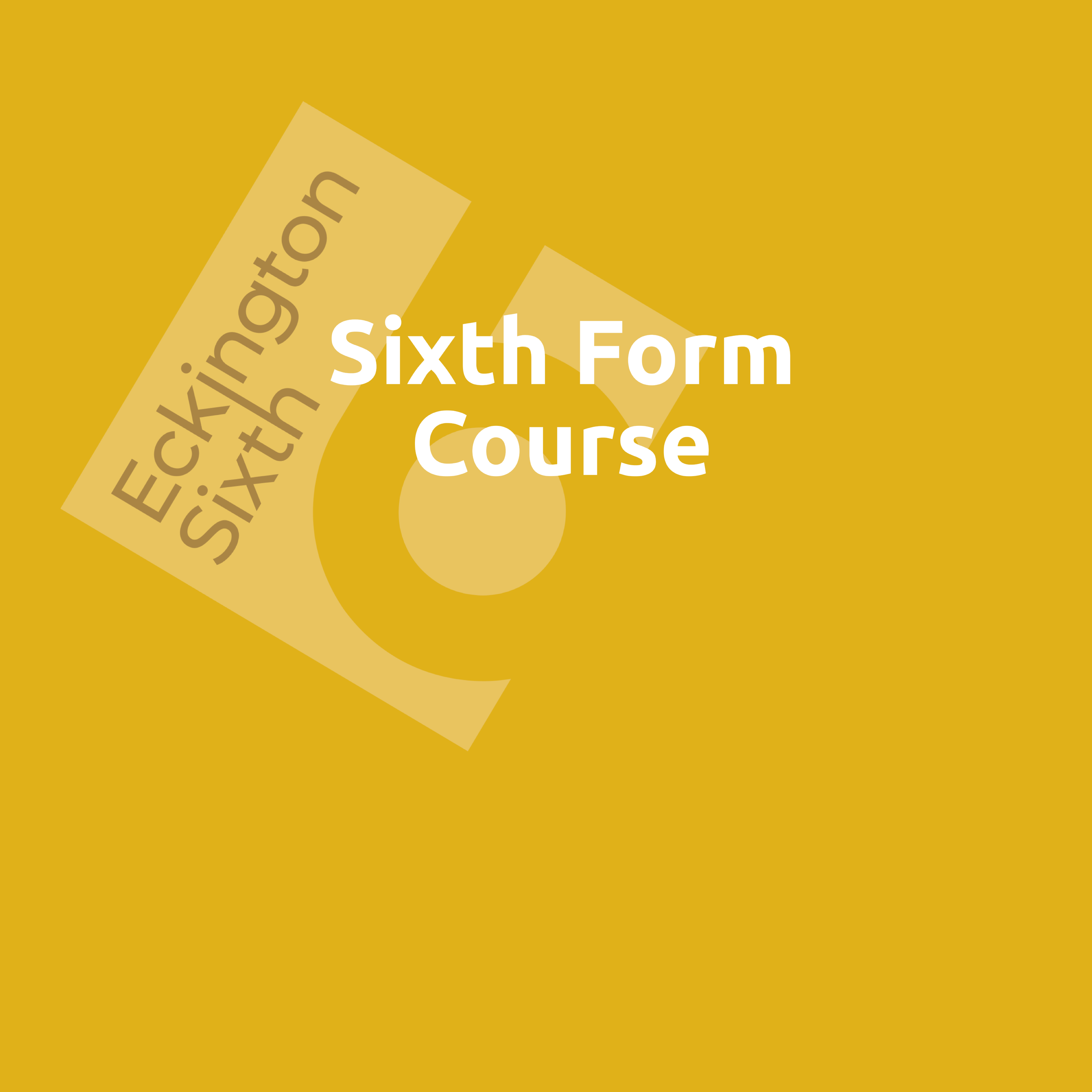Courses
We offer a broad and balanced curriculum, for key stage 3 (Years 7-9), key stage 4 (Years 10 and 11) and key stage 5 (Years 12 and 13 - Sixth Form). Click the appropriate button below to find the details for each subject offered in each key stage.

Overview
English Language
Introduction
Our A-level English language qualification is a popular choice for many students as it is full of engaging topics and issues which surround the way we use language. We look at how we each use language differently as a representation of our identity and the social and historical nature of why and how our language changes over time. In lessons, we read, discuss and write analytically about a range of texts. Outside the classroom, students are encouraged to take an interest in reading widely about the language world around them and to think critically about the perspectives and motivations of the writers. Students should have an interest in current affairs and how language is used to convey a range of opinions and viewpoints. The non-examined assessment (NEA) involves a creative writing folder and an in-depth investigation into an area of language of interest.
Qualification
A-level
Awarding body
AQA
Course leader
Mrs L Thompson
Assessment
- Examination: 80%
- Non-examined assessment: 20% comprising a creative writing portfolio and commentary and language investigation (a focus of linguistic interest to the individual student).
Curriculum
Topics
English language examinations cover:
- Child language acquisition and language change
- Language production and variation through different forms
- Language diversity: social groups, occupation, gender, religion and ethnicity.
Skills and requirements
Subject entry requirements
- Grade 6 in either GCSE English language or GCSE English literature.
Sixth Form entry requirements
- 4 A-levels over 2 years: for students who have achieved 5 or more grade 7s or above including English and maths (grade 5 or above).
- 3 A-levels over 2 years: for students who have achieved 5 grade 5s or above including English and maths.
- Level 3 vocational courses: for students who have achieved 5 grade 4s or above including English and maths.
Beyond the classroom
Future pathways
English literature and English language are both very well respected A-levels. They would be an excellent foundation for any degree involving essay writing, media or communication.
In terms of future employment English can lead to a very wide range of careers including teaching or lecturing, writing, editing, publishing, journalism, working in the media or anything where communication or working with people is important.



